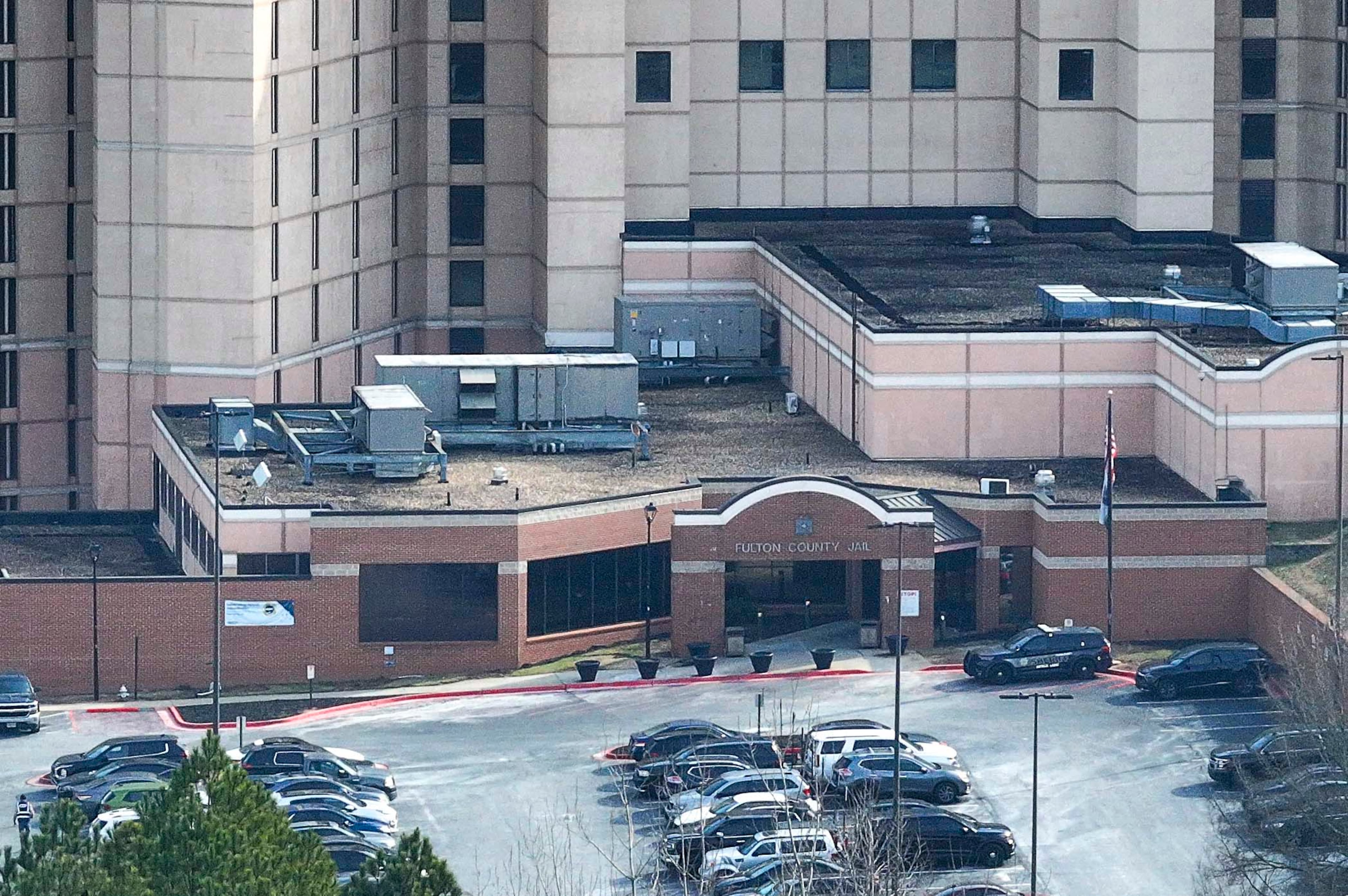George Goodwin, 97: Pulitzer winner later helped transform Atlanta
Published Jan. 21, 2015
George Goodwin was a man of great integrity. A Pulitzer Prize-winning journalist and public relations counselor, Goodwin was a teacher and a leader who many have said helped shape Atlanta into the city it is today.
“He offered me advice and counsel that was priceless, always pointed and insightful,” said former Atlanta Mayor Shirley Franklin. “Atlanta is a better city and I was a better mayor because of George’s contributions.”
His son Allen Goodwin said,“Dad could spot a good heart from a mile away. And he’d await an opportunity to put that good heart in a position to shine, to thrive, to influence other hearts and to multiply itself.”

An Atlanta native, Goodwin graduated from Henry W. Grady High School For Boys, now Grady High School, in 1934. He received a degree in journalism from Washington and Lee University in 1939 (and an honorary doctorate in 1997). Upon returning home in 1939, Goodwin began his career as a reporter, first with The Atlanta Georgian and later with The Atlanta Journal.
He was there to write about the Moore’s Ford lynching in the summer of 1946 when four blacks were ambushed and gunned down by a mob of whites in rural Walton County, a crime so horrendous President Dwight Eisenhower ordered the FBI to investigate.
He was there, five months later, on Dec. 7, 1946, when the Winecoff Hotel burned in downtown Atlanta, killing 119, many of whom leaped to their deaths. Goodwin described the scene in that afternoon’s Atlanta Journal as a “garish, water-soaked terror.”
And he was there, 10 weeks later, when rumors of vote fraud began circulating in the Georgia governor’s race.
Goodwin, then a 29-year-old City Hall reporter, wrote a series that exposed phony ballots and earned him the 1948 Pulitzer Prize for local reporting, making him the first reporter in the 118-year history of the Journal to win journalism’s most coveted award.
George Evans Goodwin of Atlanta died Tuesday of natural causes. He was 97. A memorial service will be 11 a.m. Monday at Trinity Presbyterian Church, 3003 Howell Mill Road, Atlanta.
“Whatever he did, he brought wisdom and good judgment,” said Clyde Tuggle, chief public affairs and communications officer for The Coca-Cola Company. “He certainly left his mark.”

Goodwin is remembered as a hard-nosed reporter who, after walking away from the business in 1952, transformed public relations in Atlanta, and as a civic leader and behind-the-scenes fixer for almost half a century. He was known as ‘Atlanta’s dean of public relations’ to those who knew him.
“His legacy and his impact is reflected among the hundreds of people who sought his comfort and advice,” said his friend Rob Baskin, President of Weber Shandwick Atlanta. “He was a wise counselor who spoke straight and with rock-bottom common sense.”
Shortly after leaving the paper, Goodwin became the first executive director of Central Atlanta Improvement Association, now Central Atlanta Progress. In 1954 he served as vice president of advertising and public relations for First National Bank of Atlanta.
In 1965, he opened the Atlanta office of Bell and Stanton Public Relations, (later renamed Manning, Selvage & Lee) headquartered in New York.
Goodwin was a member of the Public Relations Hall of Fame at the University of Georgia’s Grady School of Journalism and Mass Communications. In 2012, he was inducted into the Atlanta Press Club’s Hall of Fame.
He spearheaded the Forward Atlanta project to revitalize downtown, with former mayor Ivan Allen Jr. Under Goodwin’s leadership, that work ultimately surpassed Allen’s expectations.
“He taught us all the art of telling the truth,” said Tuggle. “He was great at being precise, clear and cogent; he was a shining example of that.”
Two awards are named in Goodwin’s honor: Manning, Selvage & Lee’s grant for community service, and the Public Relations Society of America Georgia chapter’s award for volunteer service.
“He enjoyed listening, he was patient and attentive to those, including family, who wanted to be heard,” said his son Clark Goodwin.
“My father had an aura that engulfed every person he encountered, evoking the best in them because he honestly expected it. It was amazing to watch, like magic. He inspired those around him to excel,” added his son Allen Goodwin.
In addition to his two sons Goodwin is survived by four grandchildren and one great-grandson.


